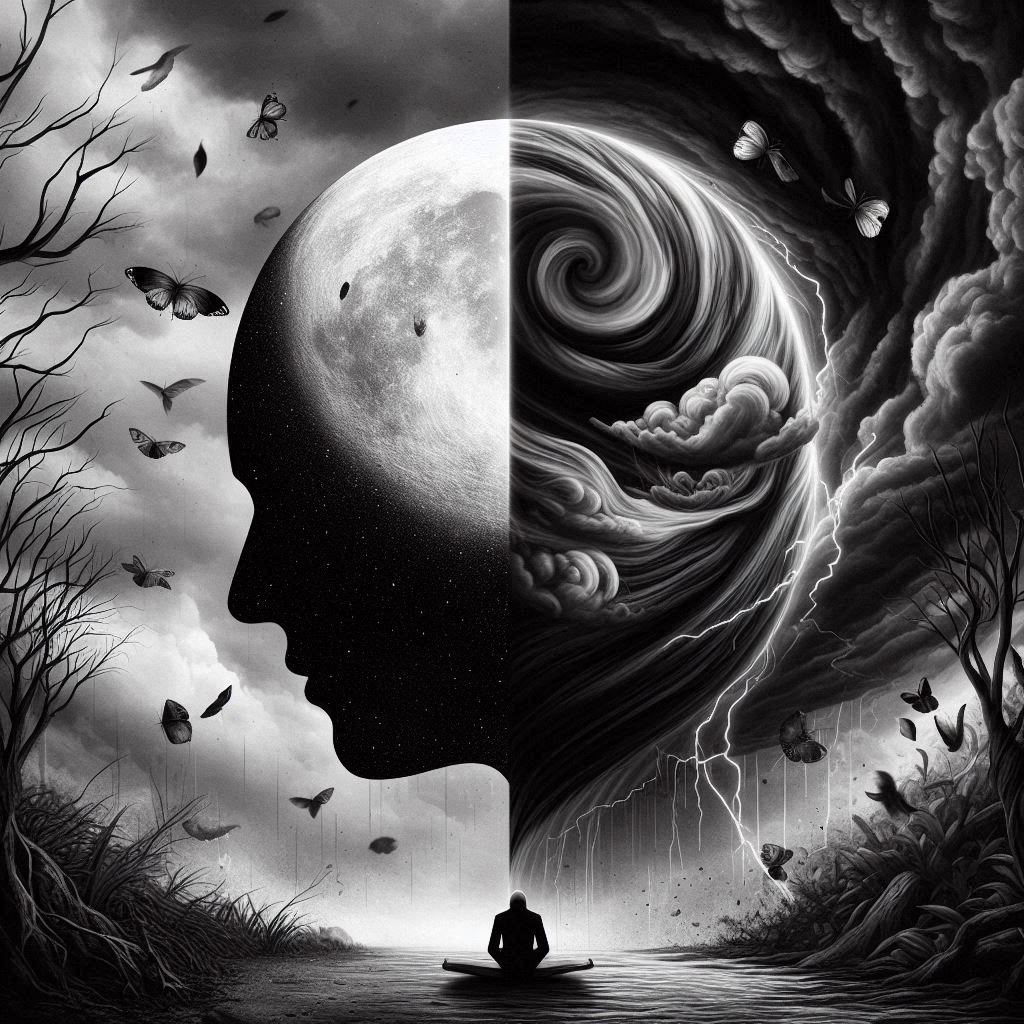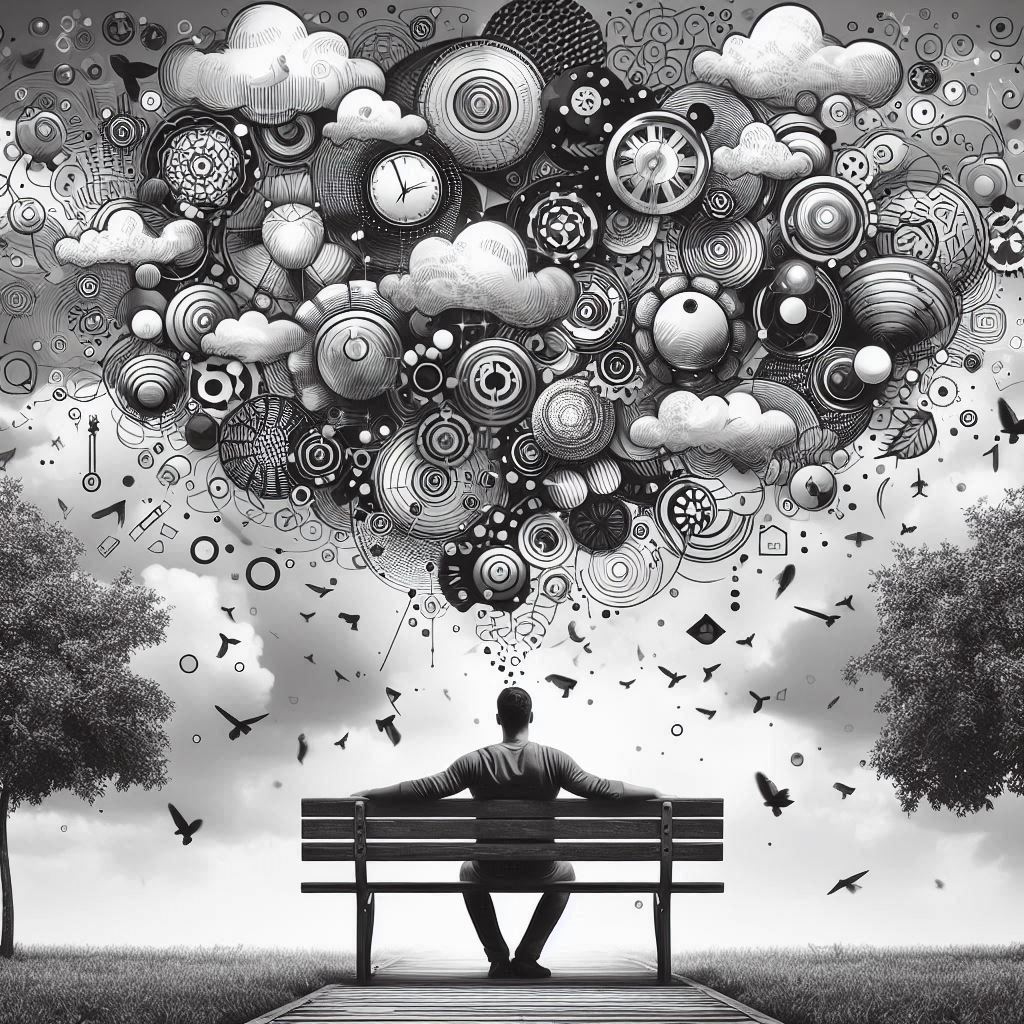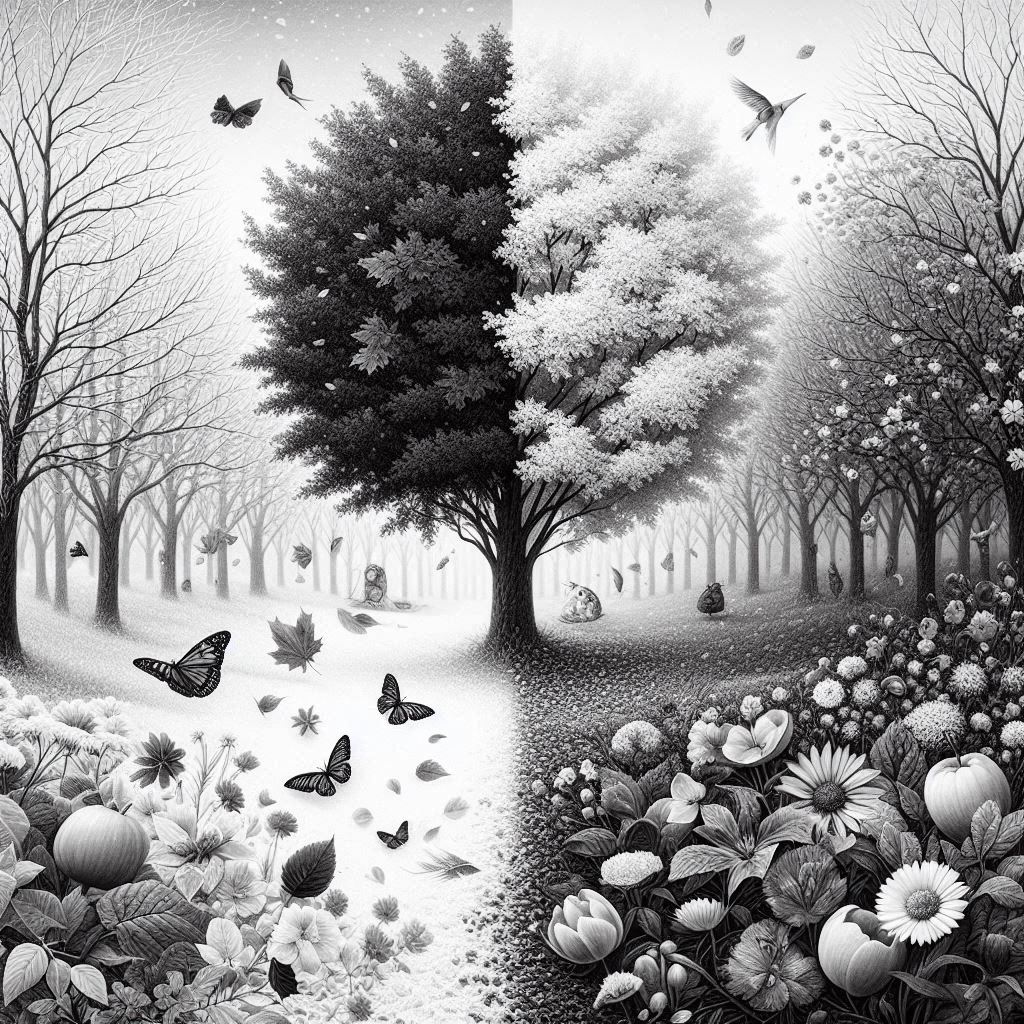Single shaming is a pervasive issue in today’s society, where being un-partnered is often viewed through a distorted lens of negativity. This phenomenon pressures individuals into feeling inadequate, as if their worth is tied to their relationship status. The emotional toll can be significant, leading to feelings of loneliness or self-doubt.
This blog post aims to explore the roots and impacts of single shaming, shedding light on why it happens and how it affects those targeted. By understanding and acknowledging this, we can begin to embrace the power and freedom that comes with being single, rather than feeling shamed by it.
Understanding Single Shaming
Single shaming is a complex issue that affects many people around the world. It can manifest in various ways and cultures, each with its own unique nuances. Let’s dive into what single shaming is and how society’s expectations and stereotypes contribute to this phenomenon.
What is Single Shaming?
Single shaming refers to the negative judgment or social disapproval directed at individuals who are not in a romantic relationship. It is rooted in the belief that being single is somehow undesirable or inferior to being in a relationship.
Origins of Single Shaming:
- Historical Context: Historically, many cultures have valued marriage and partnership as the norm. This is evident in the way marriage has been institutionalized and celebrated across different societies.
- Modern Life: In contemporary times, these beliefs have only slightly shifted, with being single often met with pity or questioning.
Ways Single Shaming Manifests:
- Comments and Questions: Remarks like “Why are you still single?” or “Don’t you feel lonely?” are common forms.
- Media Representation: Movies and TV shows often portray single characters as incomplete or struggling, further perpetuating the stereotype.
- Cultural Norms: In some cultures, remaining single past a certain age can be seen as a failure in fulfilling expected life milestones.
Societal Expectations and Stereotypes
Society places immense pressure on individuals to be in relationships, aligning this status with success and happiness. This societal expectation spawns numerous stereotypes about single people:
Common Societal Pressures:
- Marriage as a Milestone: From fairy tales to social gatherings, the idea that one must “settle down” is deeply ingrained.
- Family and Friends: Pressure from loved ones can be intense, often masked as concern or well-meaning advice.
Stereotypes Faced by Single Individuals:
- Lonely or Unfulfilled: Single individuals are often perceived as lonely, unfulfilled, or missing out on true happiness.
- Incapable or Flawed: There can be an assumption that if someone is single, there might be something wrong with them or their abilities to maintain a relationship.
- Workaholic or Career-Obsessed: Another stereotype is that single people are overly focused on their careers at the expense of personal life.
Example Stereotypes:
- “Crazy Cat Lady”: This trope suggests that single women, especially as they age, channel their pent-up maternal instincts into caring for pets instead of children.
- “Confirmed Bachelor”: Similarly, single men may be viewed as perpetual bachelors who avoid committing to anyone.
Understanding these dynamics is crucial for recognizing the harmful impacts of single shaming and working towards a more inclusive perception of different life choices.
The Emotional Impact of Being Shamed for Being Single
Being shamed for being single can have a profound emotional impact on individuals, leading to various negative feelings and mental health challenges. When society places undue pressure on relationships as a cornerstone of personal success, being single can feel like a failure, even though it shouldn’t.
Feelings of Inadequacy
Single shaming often leads to feelings of inadequacy and self-doubt. When people constantly question your relationship status, it can make you feel like there’s something inherently wrong with you. A woman shared on Reddit that, “I am so tired of being shamed for being single. We’ve all been trained to think marriage is the ultimate goal.”
Real-life examples are everywhere. Consider a well-known quote by Elyse Andrews from Tiny Buddha: “Be proud of who you are, not ashamed of how someone else sees you.” This is easier said than done in a world that often equates being partnered with being successful. Single individuals might start believing they are not good enough or worthy of love and respect simply because they are single.
Mental Health Implications
The mental health implications of being shamed for being single are significant. Those who constantly face single shaming may experience:
- Anxiety: Living under the pressure of societal expectations can lead to persistent anxiety. The fear of being judged for being single might make social interactions stressful and force some to avoid gatherings altogether.
- Depression: Continuous negative feedback about their single status can push individuals into depression. Constantly feeling like societal outcasts can devastate mental well-being.
- Low self-esteem: Regularly being told that being single is a negative thing can take a toll on one’s self-belief. The sense of not being enough can lower self-esteem and create a vicious cycle of doubt and self-criticism.
A piece on PsychCentral highlights that “an often overlooked part of their dissatisfaction is due to the shame experienced around it — the shame that stems from social norms and judgments.” This indicates that the root of many mental health issues linked to single shaming is deeply embedded in societal attitudes.
Personal Anecdotes and Quotes
Personal stories and expert opinions further underscore these points. Shani Silver wrote in Refinery29 about the shame single women over 30 face, illustrating the unjust pressures they encounter. Maria Erving discusses why people feel ashamed of being single, pointing out that “the small self, the ego, is in need of approval and of being accepted.”
In conclusion, while the emotional impact of being shamed for being single is significant, understanding and acknowledging these feelings can pave the way for coping strategies and resilience. By shining a light on these issues, we can start changing societal norms and supporting everyone, regardless of their relationship status.
Why Do People Single Shame?
Single shaming is a behavior rooted in deep cultural and societal traditions. It’s about making someone feel bad simply because they are not in a romantic relationship. But why do people engage in single shaming? Let’s explore some key reasons behind this phenomenon.
Cultural and Societal Influences
Culture and society play significant roles in shaping how we view relationships and single life.
Cultural Norms and Marriage: Different cultures have diverse views on relationships. In many traditions, being married is seen as a rite of passage or a milestone. For example:
- In India, marriage is often viewed as a crucial life event, sometimes even more important than personal achievements like education or career milestones.
- In Japan, societal pressure often drives individuals to marry by a certain age, with remaining single past that age seen as unusual or even shameful.
Media and Representation: The way media portrays single individuals also contributes to single shaming:
- Movies and TV shows often depict single characters as lonely or incomplete, perpetuating the narrative that being single is undesirable.
- Social media amplifies relationship milestones, creating pressure to “keep up” with the perceived norms.
By understanding these cultural and societal influences, we can see why single shaming persists. The constant bombardment of these societal norms makes it challenging to break free from the cycle of judgment.
Psychological Factors
Psychological reasons also drive people to shame others for being single. Some of these factors include projection, insecurity, and the need for social conformity.
Projection: People often project their insecurities onto others:
- If someone feels uncertain or unhappy in their own relationship, they might shame single people as a way to validate their own choices.
- Projection serves as a defense mechanism to avoid addressing one’s own feelings of inadequacy or fear.
Insecurity: On a personal level, insecurity can lead to single shaming:
- Individuals who are unhappy with their relationship status may belittle others to uplift their own self-worth.
- It’s easier to put someone else down rather than confront internal doubts or insecurities.
Need for Social Conformity: Humans are inherently social beings, and there’s a strong need to fit into societal norms:
- When everyone around you is getting married or entering relationships, staying single can feel like deviating from the “norm.”
- Shaming those who are different helps individuals feel more aligned with societal expectations.
These psychological factors mean that shaming others often has more to do with the person doing the shaming than with the person being shamed. Understanding these motivations can help us address them and foster a more accepting environment for all, regardless of relationship status.
Challenging the Stigma: Embracing Singleness
Embracing singleness isn’t just about accepting your relationship status; it’s about celebrating your individuality and the life you’ve built for yourself. It’s time to challenge the stigma associated with being single and empower yourself to live your best life. Let’s break this down into actionable steps and inspiring ideas.
Building Self-Confidence
Self-confidence is essential for anyone, regardless of relationship status. Learning to value yourself independently can transform how you see the world and how others see you. Here are some tips to help you build self-confidence and self-worth:
1. Set Personal Goals: Setting and achieving personal goals can give you a sense of accomplishment. Whether it’s a career milestone, a fitness goal, or learning a new skill, every achievement boosts your confidence.
2. Practice Self-Care: Regular self-care routines, like exercising, eating healthy, meditating, and taking time for hobbies, help improve your overall mental and physical well-being.
3. Affirmations: Daily affirmations can significantly impact your mindset. Simple phrases like “I am enough” or “I am worthy of love and respect” can reinforce your self-worth.
4. Reflect on Achievements: Take time to list your achievements and the qualities you admire in yourself. This can remind you of your strengths and what makes you unique.
Motivational Quotes:
- “No one can make you feel inferior without your consent.” – Eleanor Roosevelt
- “To love oneself is the beginning of a lifelong romance.” – Oscar Wilde
Finding Supportive Communities
Finding and engaging with supportive communities can make a world of difference. When you surround yourself with people who affirm your lifestyle and choices, you build a network that uplifts and empowers you.
1. Online Groups: There are numerous online groups and forums where single individuals share their experiences and provide mutual support. Websites like Meetup.com offer groups specifically for singles looking to connect.
2. Local Meetups: Attending local meetups and events centered around hobbies or interests can introduce you to like-minded individuals. Whether it’s a book club, a hiking group, or a cooking class, these spaces foster connections based on mutual interests rather than relationship status.
3. Social Networks: Platforms like Facebook and Reddit have communities dedicated to celebrating singleness and self-love. Joining these groups can offer daily encouragement and solidarity.
Redefining Success and Happiness
Society often equates success and happiness with being in a relationship. However, it’s crucial to define these terms for yourself. Consider what truly makes you happy and successful outside of societal expectations.
1. Pursue Passion Projects: Engage in activities that bring you joy and fulfillment. Whether it’s painting, writing, volunteering, or traveling, these passions can provide deep personal satisfaction.
2. Professional Development: Focusing on your career and professional growth can be incredibly rewarding. Pursue opportunities that excite and challenge you.
3. Personal Growth Stories: Inspiring stories abound of individuals who thrive while being single. Consider icons like Oprah Winfrey, who has spoken about the joy and fulfillment she finds in her work and personal pursuits rather than defining her success by relationship status.
Inspiring Story: Shonda Rhimes, the creator of hit TV shows like Grey’s Anatomy, once shared how saying “yes” to herself and her passions transformed her life. Rhimes illustrates that thriving as an individual, independent of a romantic relationship, is more than possible—it’s empowering.
By focusing on these aspects, you can redefine what success and happiness mean to you. Embracing singleness is not just about being okay with being single but celebrating it as a potent and fulfilling life choice.
The Role of Media and Pop Culture
Media and pop culture play a significant role in shaping societal perceptions of singleness. From movies and TV shows to social media, these platforms project various images and narratives that influence how single individuals are viewed and treated. Let’s explore both the negative and positive portrayals of single people in media and their impacts.
Negative Portrayals in Media
Negative portrayals of single people in media contribute to single shaming. Often, single characters are depicted in a way that reinforces stereotypes and sends the message that being single is undesirable or a temporary state until they find a partner.
Examples from Popular Media:
- “Bridget Jones’s Diary”: Bridget Jones, the iconic single woman, is often portrayed as desperate and incomplete without a man. Her escapades center around her quest for love, implying that happiness and fulfillment are intrinsically linked to finding a partner.
- “Sex and the City”: While this show features strong independent women, it also perpetuates the idea that their lives revolve around finding and maintaining romantic relationships. The characters frequently underscore the notion that being single is a phase that needs resolving.
- Reality TV Shows: Many reality TV dating shows, like “The Bachelor,” suggest that the primary goal in life is to find a romantic partner. Participants often express their desperation to avoid returning to single life, thereby stigmatizing it.
Impact of Negative Representations:
- Reinforces the stereotype that single people are lonely, unfulfilled, or that there’s something wrong with them.
- Encourages societal attitudes that pressure singles to seek relationships to meet normative expectations.
Positive Representation and Role Models
On the flip side, there is a growing trend of positive representations of single individuals in media, presenting them as strong, independent, and fulfilled without a partner. These portrayals can help alter public perceptions and provide empowering role models.
Examples of Positive Representation:
- “Fleabag”: The show’s protagonist navigates life and personal growth independently. Her character is complex and full, showing that single life can be rich with experience and self-discovery.
- “How to Be Single”: This film focuses on various characters embracing their single status and building their lives around personal satisfaction rather than relationships. It promotes self-discovery and independence.
- “The Marvelous Mrs. Maisel”: Miriam Maisel, after her divorce, pursues a comedy career with vigor, showing audiences that a single woman can be successful and happy on her own terms.
Impact of Positive Representations:
- Encourages self-esteem and confidence among single people by portraying singleness as a valid and valuable lifestyle choice.
- Helps shift societal norms, making it more acceptable to be single and content, without the need for external validation through a partner.
By highlighting both the negative and positive portrayals of single individuals in media, we can see how critical these representations are in shaping societal attitudes. Media and pop culture have the power to perpetuate harmful stereotypes, but they also have the potential to champion and normalize diverse ways of living, including the choice to be single.
Conclusion
Addressing single shaming requires a paradigm shift in societal attitudes. It’s essential to counter stereotypes with affirmations of self-worth and independence. Embracing singleness means celebrating individual achievements, passions, and personal growth. By championing positive representations and supportive communities, we can foster a more inclusive environment where single individuals feel confident and proud of their status. Society’s recognition of varied life choices will pave the way for more profound acceptance and respect for everyone’s unique journey.








